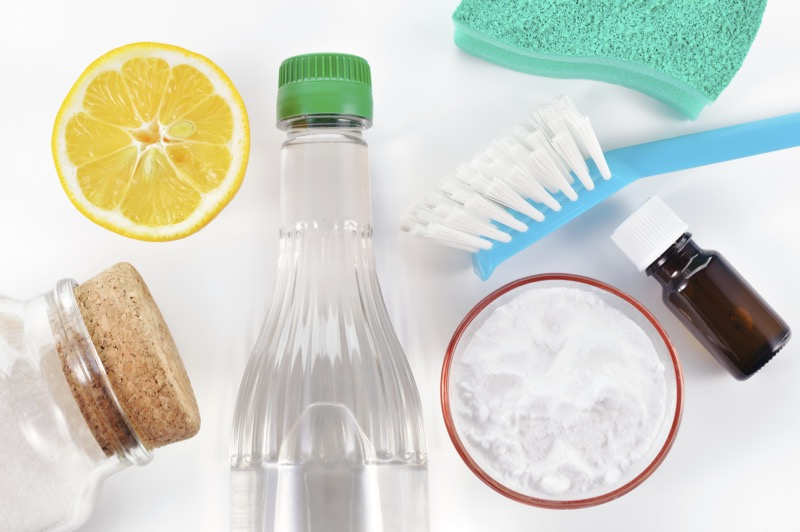You Ask, We Answer: Why Should I Switch to Non-Toxic Home Cleaning Products?
Say goodbye to ingredients that aggravate asthma and allergies
In addition to heavy scents and strong cleaning agents, “quats,” or QACs, are quaternary ammonium compounds that exist in common everyday items like hand soaps, window cleaners, disinfectant wipes, baby products and more. QACs are used to kill viruses, bacteria and mold, but according to Mount Sinai Selikoff Centers for Occupational Health, have the potential “to cause serious and preventable health effects” that include, “contact dermatitis, triggering of asthma symptoms in people who already have asthma or new onset of asthma in people with no prior asthma, eye and mucous membrane injuries from splashes or direct contact with mists, and oral and gastrointestinal injuries from swallowing solutions containing QACs.”
Quats also linger on surfaces for a long time after the product evaporates, further complicating their use and the possibility for irritation. Ingredients listed as benzalkonium chlorides, names that end in “ammonium chloride” or say “antibacterial” and “antimicrobial” are indicators of QACs in your products.
Skin irritation can also occur when cleaning with conventional products. Though the popular ingredient triclosan (TSC) that appeared in antibacterial soaps and hand sanitizers has been banned by many brands for its effects on the skin and increased allergy sensitivity, triclocarban (TCC) may still be used in items like toothpaste, detergents or cosmetics. Check your labels on your home cleaning and personal care products to avoid these potential irritants.
Stay tough on dirt, be gentle on the environment
Swapping out bleach for a cheap non-toxic option like hydrogen peroxide is a safer alternative. If you need to brighten your whites, Branch Basics Oxygen Boost works wonders. Try it with The Concentrate for a safe and non-toxic laundry detergent combo that works so well, you won’t miss the conventional stuff. Blueland also offers safer laundry and home cleaning options with a mission to cut back on plastic waste.
Non-toxic cleaning and disinfecting during COVID-19
But what’s a homeowner to do when we need to not just clean, but disinfect, during a pandemic? If you have trusted conventional cleaning products that you’re not ready to throw out just yet, be sure to properly ventilate while using them: open windows and turn on fans. You no doubt have a mask handy these days, so put that on, along with latex gloves if you can. This will help protect your skin and lungs from irritation while using them. For a less irritating alternative, swapping out your brand-name cleaning wipes with 70 percent isopropyl alcohol wipes (or using some with paper towels) will kill germs without the potential irritation from conventional cleaning products, and bonus: it’s a cheaper alternative!
If you’re interested in going the non-toxic route for your home cleaning products, Branch Basics offers a “Toss the Toxins” program to walk you through reading the labels on your products and disposing of them properly so they don’t harm the environment.
Whatever your reason for being curious about non-toxic cleaners, you don’t have to throw away everything you own all at once. Replacing existing conventional products as they run out is a great way to try new options without being wasteful, and you’ll find it’s much more affordable, as well. Today’s safer cleaning products can make tidying up and disinfecting (almost) enjoyable—and much more safe!—while we’re all doing everything from home.



